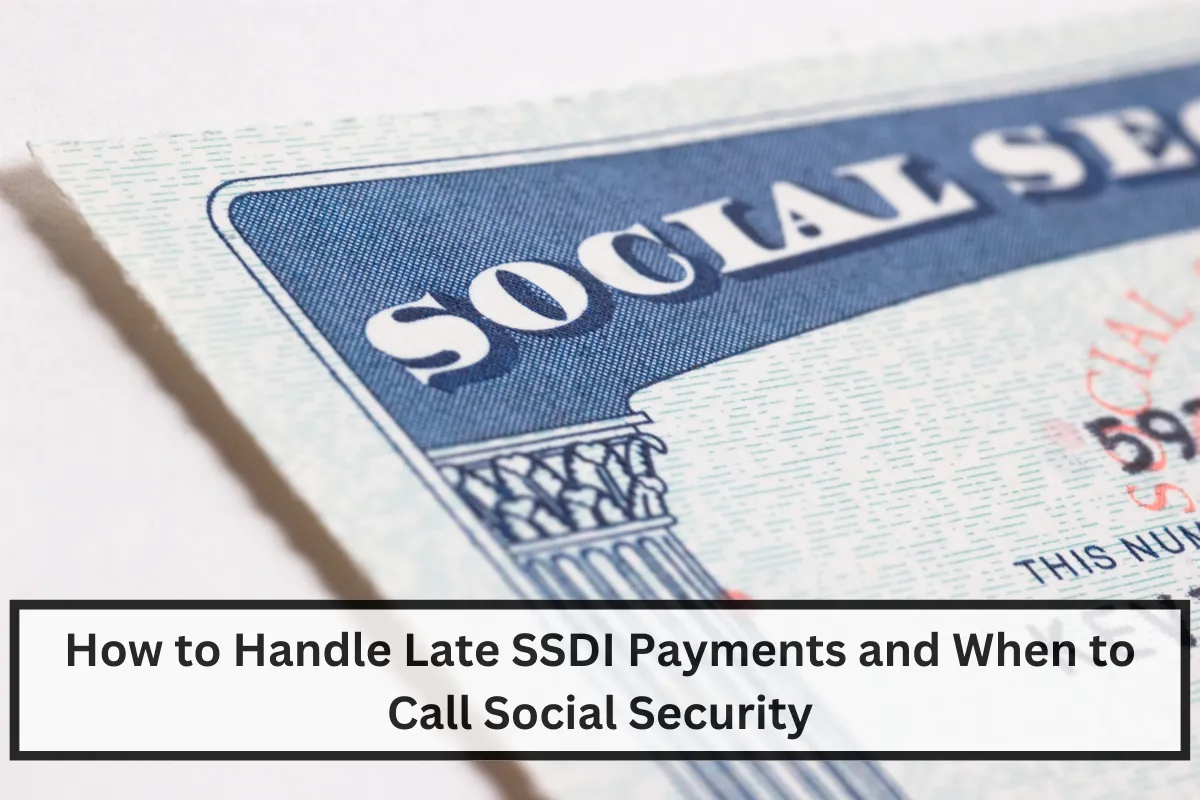Yes, you can collect Social Security retirement benefits while working. However, if you have not reached your Full Retirement Age (FRA), there are important rules regarding income limits and potential benefit reductions to consider. Here’s a comprehensive guide to knowing these limits and maximizing your Social Security benefits.
Earnings Limits for 2024
The Social Security Administration (SSA) has established specific income thresholds for retirees who are not yet at their FRA. These limits determine how much you can earn before your benefits are reduced:
- Under FRA for the Entire Year:
- Earnings limit: $22,320.
- SSA deduction: $1 from benefits for every $2 earned above the limit.
- Reaching FRA in 2024:
- Earnings limit: $59,520 (applicable only to earnings before your FRA birthday).
- SSA deduction: $1 from benefits for every $3 earned above the limit.
- At or Beyond FRA:
- No earnings limit applies, and there are no reductions in benefits, regardless of income.
How Reductions Work
Suppose you are 64, earn $30,000 in 2024, and your FRA is 67. Here’s how the SSA calculates your benefit reduction:
- Earnings above the limit: $30,000 – $22,320 = $7,680.
- Deduction: $7,680 ÷ 2 = $3,840 reduction in annual benefits.
If your monthly benefit is $1,500, the SSA will withhold approximately 2.5 months of payments ($3,840 ÷ $1,500) in 2024.
Full Retirement Age
Your Full Retirement Age (FRA) depends on your birth year. For most people born in 1960 or later, the FRA is 67 years old.
- At FRA, you can earn any amount without impacting your benefits.
- If you’re unsure about your FRA, use the Retirement Age Calculator on the SSA website: Retirement Age Calculator.
Estimate Benefit Reductions
The SSA provides a Retirement Earnings Test Calculator, which helps you estimate how much your benefits will be reduced if you earn over the limit before reaching FRA. Visit the calculator here: Retirement Earnings Test Calculator.
Maximize Benefits
- Work While at FRA:
Once you reach your FRA, your earnings no longer reduce your benefits, making this an ideal time to work and collect benefits simultaneously. - Delay Claiming Benefits:
If you delay claiming Social Security past your FRA, your benefits increase by up to 8% per year until age 70, maximizing your monthly payments. - Monitor Earnings:
If you are under FRA and plan to work, ensure your earnings remain below the applicable limit to avoid benefit reductions.
Misconceptions About FRA
Many people mistakenly believe the FRA is still 65, but this age applied to earlier generations. For most Americans today, the FRA is between 66 and 67, depending on their birth year.
Key Takeaways
- You can work and collect Social Security, but earnings limits apply if you are below FRA.
- At FRA, there are no income limits or reductions in benefits.
- Use the SSA’s online tools to determine your FRA and estimate potential benefit reductions.
- Plan your work and Social Security strategy carefully to avoid unnecessary reductions and maximize your income.
By knowing the rules and leveraging SSA resources, you can balance work and retirement benefits effectively, ensuring financial stability during your retirement years.
FAQs
Can I work and collect Social Security?
Yes, but earnings limits apply if below FRA.
What is the earnings limit for 2024?
$22,320 for those under FRA, $59,520 for those reaching FRA.
What happens if I exceed the earnings limit?
Benefits are reduced by $1 for every $2 or $3 earned over the limit.
Is there a limit after reaching FRA?
No, there are no income limits after FRA.
How can I find my Full Retirement Age?
Use the SSA Retirement Age Calculator online.



















